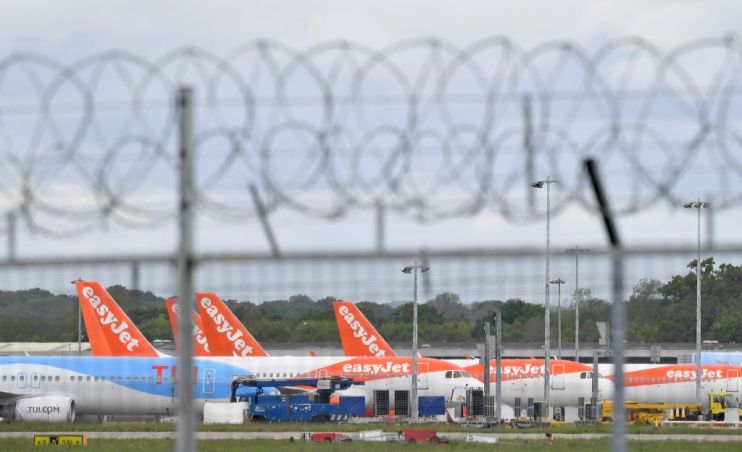UK airlines set for jobs crisis on par with collapse of mining in 1980s

The UK’s aviation sector is on the brink of a jobs crisis as severe as that which devastated the mining industry in the 1980s, a new report has found.
According to the New Economics Foundation (NEF), up to 70,000 jobs are under threat as a result of the coronavirus crisis, which has grounded airlines around the world.
Carriers and airports alike have announced sweeping cuts as a result of the groundings, with British Airways due to cut 12,000 roles and Heathrow Airport saying up to 25,000 jobs are at risk.
The report finds that firms in the sector are planning on cutting over a quarter of jobs within the next two or three months.
This amounts to 39,000 direct aviation jobs, but the number rises to 70,000 when jobs in the supply chain – such as engineering – are considered.
In the worst case scenario, the report argued that up to 50 per cent of the directly employed workforce – around 69,000 jobs – could be lost if there was no further government financial support for the sector.
Before the Open: Get the jump on the markets with our early morning newsletter
By contrast, in 1980 to 1981 65,000 jobs were lost in the coal mining industry, devastating communities across Wales, the Midlands and northern England.
The new research comes as the UK government prepares to begin the phase-out of its job retention scheme, a crucial lifeline for many workers in the sector.
From August, employers will begin having to contribute to the furlough scheme, which could lead to a new round of redundancies.
Airlines are now preparing to ramp up the number of flights they are operating through the summer months, but have said the new quarantine measures implemented by the government will seriously hamper their attempts to return.
Instead, they are calling for ministers to implement air bridges to low-risk countries as soon as possible in order to enable people to go on holiday.
Yesterday global aviation body the International Air Transport Association (IATA) warned that the world’s airlines would lose $84bn this year in what boss Alexandre de Juniac described as “the worst year in aviation history”.